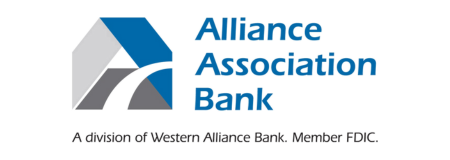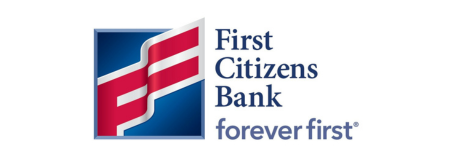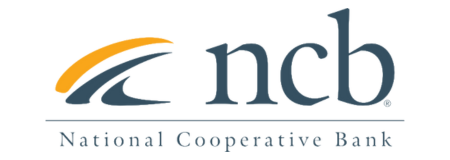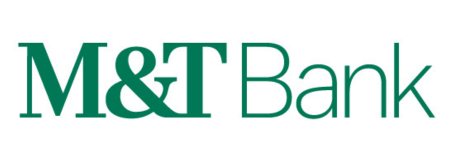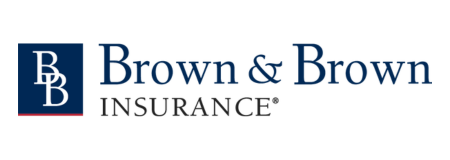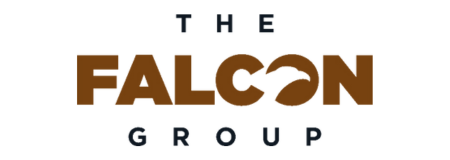This article courtesy of Keystone CAI Diamond Partner National Cooperative Bank (NCB)
With the holiday season at our doorsteps, cybercriminals are waiting in the shadows to capitalize on the huge uptick in online shopping. Below are several cybersecurity tips to help protect yourself and your family:
Manage your Passwords
The average person has over 100 unique online accounts, often using some variation of the same password for all. If a hacker can breach just one of your accounts, the door can be opened to others. Using strong passwords and changing them regularly is a great way to protect your online accounts from falling into the hands of a cybercriminal.
Use Multi-Factor Authentication (MFA)
MFA is one of the best ways to prevent your accounts from being compromised. Many organizations now offer MFA solutions.
Beware of Phishing
Continue to be vigilant about phishing emails – Phishing is the most successful method hackers use to steal your data, and every holiday season there is a spike in phishing emails. Take the time to closely look at the sender’s information to ensure its authenticity. Some of the most common brands are impersonated in phishing emails: PayPal, Facebook, Microsoft, Netflix, and Google. Gift cards are popular presents during the holidays. As a general practice: if a suspicious email has anything to do with gift cards, delete it.
Educate your Children
It’s important to convey the importance of protecting personal data with your children. In today’s connected world, identifiable information – Including data about kids and teens – has value. Whether your child is attending school virtually due to the pandemic or just loves playing online games, teaching them to make smart decisions about privacy and security will help keep them and their data safe.
Be Diligent
During the holiday season and throughout the year, be diligent about where and how you use your data.
Use a credit card for online purchases
Ensure the websites you’re using have SSL encryption before submitting personal data or credit card information. How can you tell if the site has SSL encryption? The letter “s” will be at the beginning of the URL – “HTTPS:” indicates you’re on a website with a secure connection.
Use a virtual private network (VPN)
If you’re on a public Wi-Fi network, you should be using a VPN.
Hang up the phone if a person calling from an unknown number asks for your credit card or social security number. Recent phone scams were related to COVID-19 testing and election verification – Scams tend to reflect current events. Learn more on protecting your identity.








